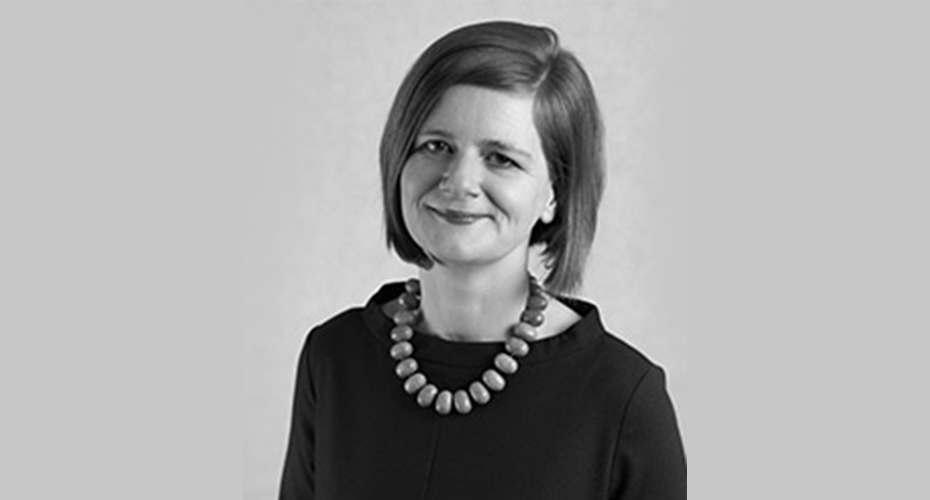
Ciara Eastell is Professor of Practice in the Exeter Centre for Leadership at the University of Exeter’s Business School.
Leading in Lockdown: How Exeter’s leaders are responding to the challenge
How are Exeter’s civic leaders leading at this time of immense crisis? What are they learning about their own leadership and how are they supporting those around them?
Ciara Eastell, Professor of Practice at the Exeter Centre for Leadership talked to five of Exeter’s civic leaders about their personal experience of leading their institutions through the initial response to the Covid-19 crisis.
In the fourth in our series of blogs featuring leaders working across our region, Ciara hears more about what they have been learning about leadership and how their experience of the current crisis will change their leadership behaviour.
 |
Phil Norrey, CEO of Devon County Council |
 |
Martha Wilkinson, CEO of Devon Community Foundation |
 |
Rob Bosworth, Deputy CEO at Exeter College |
 |
Karime Hassan, CEO of Exeter City Council |
 |
Moira Marder, CEO of the Ted Wragg Multi-Academy Trust |
Learning about leadership
This time of immediate crisis has called for common purpose; breaking down previous competitive walls and building a more collaborative approach. For Phil Norrey, there’s an acknowledgement that though this phase has not been easy, the times ahead are likely to be much more trying, as the public begin to feel the scale of the economic impact, whilst also dealing with pent up concerns and anxieties. He calls for opportunities for leaders to learn the lessons; to connect with leaders across the public and private sectors and think about how resilience can be built. And he’s determined that the County Council will learn from this experience. He’s established a small team whose role is to capture the learning and build it into how the Council works in the future.
Rob admits openly that all his previous thoughts about leadership have been turned on their head. “You can read every book in the world about leadership,” says Rob, “but nothing can prepare you for this.” For him, our role models have become those people – our postman, our shop workers – who we’ve never properly valued before. “We need to conceive of leadership differently in the future,” he says. “Let’s get some of these leaders we see emerging in unexpected places into our established networks in the future. It’s less about government leaders or the city’s leaders. It’s about real people making a difference in our communities. Let’s not go back to those meetings often filled with the same middle aged men going through agendas and papers; let’s meet in coffee shops; let’s talk to our key workers.”
Karime’s talks about the strengths within his team and how well they’ve worked together during this challenging time, focusing on the task and working without ego. For him, the task of leadership is working with “the cards you’ve been dealt. Not the ones you’d hoped to have been dealt.”
Cultivating leadership at all levels of the Ted Wragg Trust will be important to Moira in the future. “I’ve seen change emerge organically from teachers who’ve been given freedom to innovate,” she says. “Our leadership is flourishing and we will capitalise on this in the future.”
One of the refreshing aspects of the response to Covid-19 has been the breaking down of barriers between organisations, moving to a much more collaborative way of working. For Phil, this is testament to the good relationships and trust that have built up in recent years rather than organisational structures and formal governance. Devon County Council has worked closely with all the District Councils across Devon using a ‘Team Devon’ approach which has brought huge dividends in terms of joined up advocacy to Government and sharing of resources.
For Martha, this new way of working could bring exciting possibilities. “Traditional silos have just crumpled,” she says. “The genie is out of the bottle. Look at what we can do together when we decide to.”
Key learning points from our leaders:
- Leaders need to be capturing the positives that have emerged from the crisis and building that into their thinking about how to rebuild and recover in the months and years ahead
- New models of leadership and unexpected role models will emerge and we need to find ways to understand those models and hear from those role models
- Our collective future will benefit from increasing collaboration and the breakdown of long-held silos across our public, private and community and voluntary sectors.
In future blogs, we hear more from other leaders across the Business School’s wide network of Chief Executives working across the public, private and voluntary sectors. We’ll hear how our CEOs’ understanding of their own leadership is changing when faced with a challenge as large and radical as Covid-19 and what we can all learn from their emerging experience of digital transformation and insight into how our future lives and our environment will be shaped by this moment.
